-
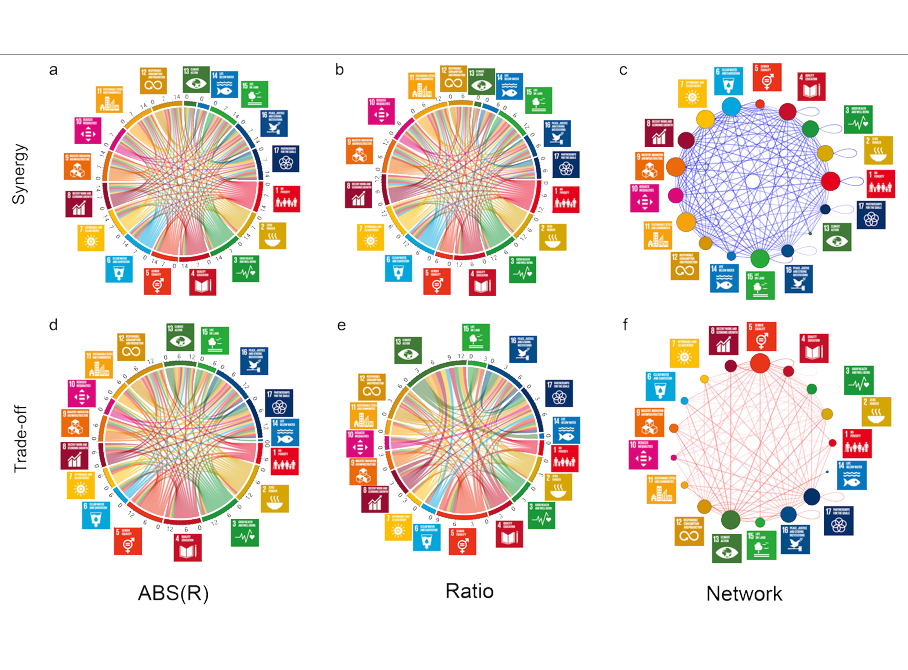 Understanding Synergies and Trade-offs in Achieving Sustainable Development Goals: Insights from China
Understanding Synergies and Trade-offs in Achieving Sustainable Development Goals: Insights from ChinaIn the pursuit of the UN 2030 Agenda for Sustainable Development, understanding the interconnectedness of the 17 Sustainable Development Goals (SDGs) at both national and sub-national levels is crucial. A recent study focusing on China sheds light on the significance of recognizing synergies and trade-offs among these goals, offering valuable insights for policymakers worldwide.
15 Mar 2024 -
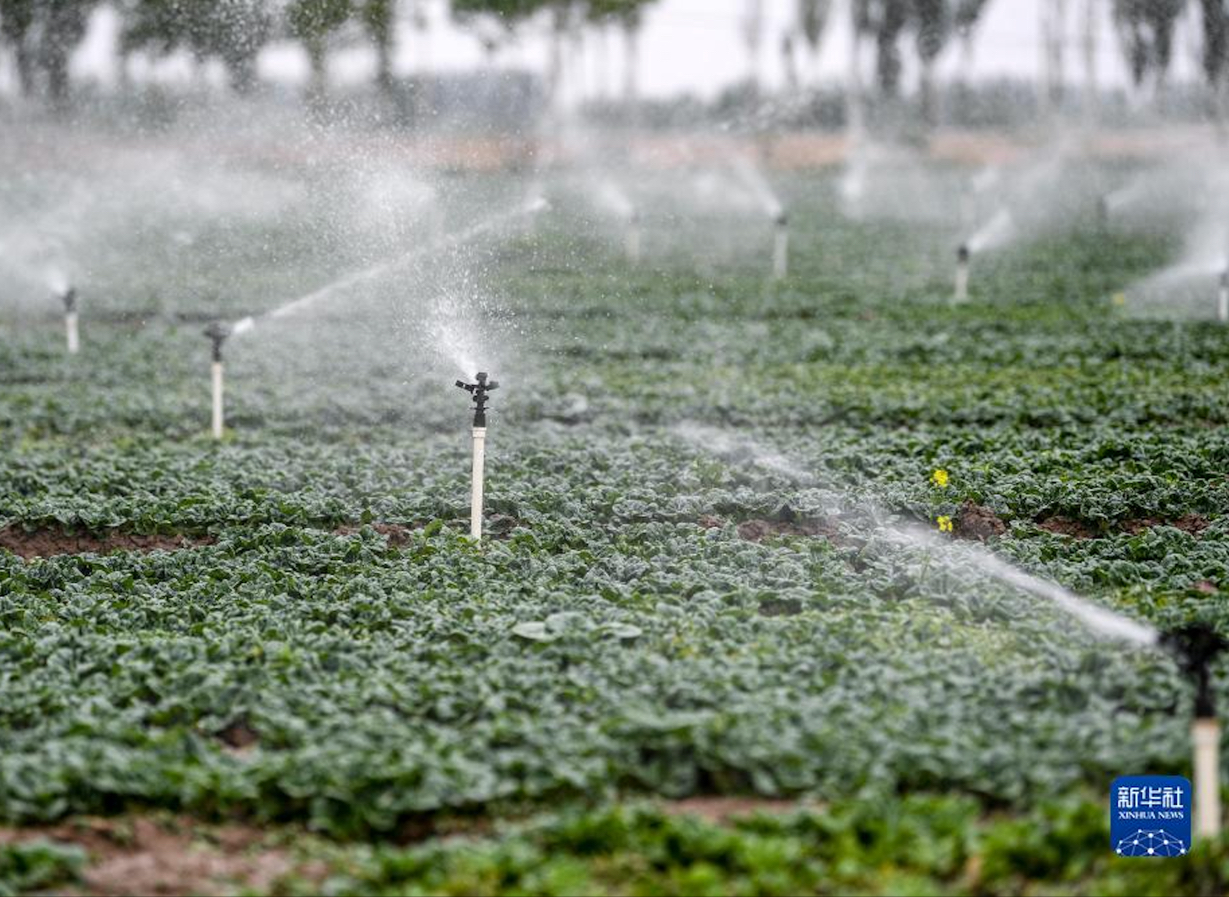 China Focus: Researchers Uncover Future Variations of Irrigation Water Use in China
China Focus: Researchers Uncover Future Variations of Irrigation Water Use in ChinaBEIJING, March 12 (Xinhua) -- Researchers have developed a new method using machine learning and multiple data sets to estimate irrigation water use (IWU) across China, and also revealed how water use might change in the future based on different climate and economic scenarios.
13 Mar 2024 -
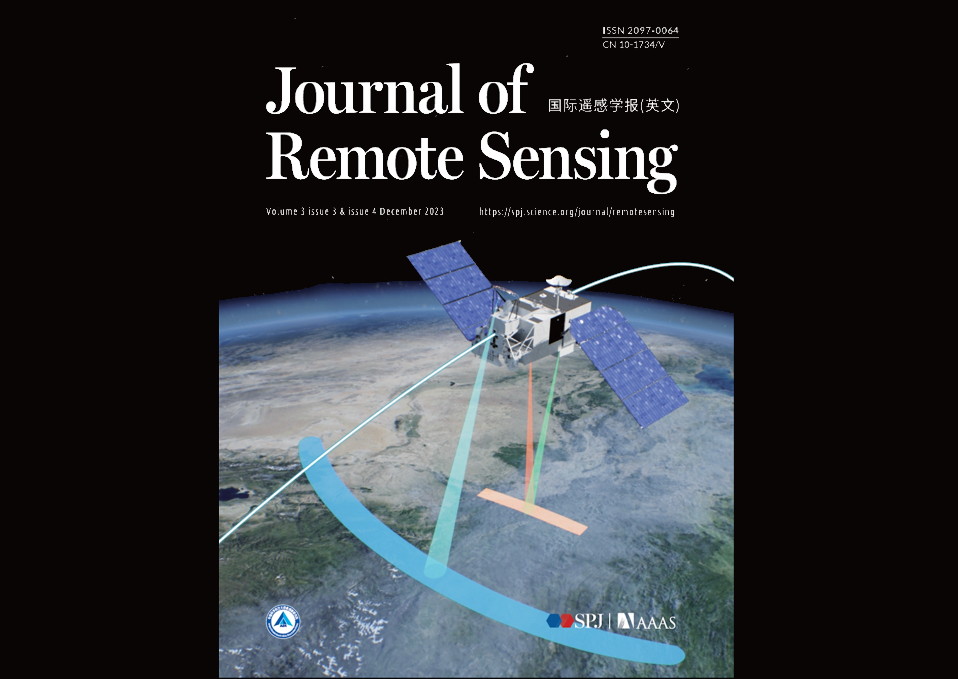 Journal of Remote Sensing Included in Engineering Index Compendex Database
Journal of Remote Sensing Included in Engineering Index Compendex DatabaseThe Journal of Remote Sensing, a publication hosted by the Aerospace Information Research Institute (AIR) of the Chinese Academy of Sciences (CAS) and co-published in partnership with the American Association for the Advancement of Science (AAAS), achieved a milestone on March 4, 2023. It was indexed in the well-respected international database Engineering Index Compendex (Ei Compendex). This marks another achievement for the journal, which has been indexed in the EI, Web of Science (WOS) Emerging Sources Citation Index (ESCI), Scopus, Directory of Open Access Journals (DOAJ), CAB Abstracts, SAO/NASA Astrophysics Data System, Inspec, CNKI (China National Knowledge Infrastructure), and eight other databases.
13 Mar 2024 -
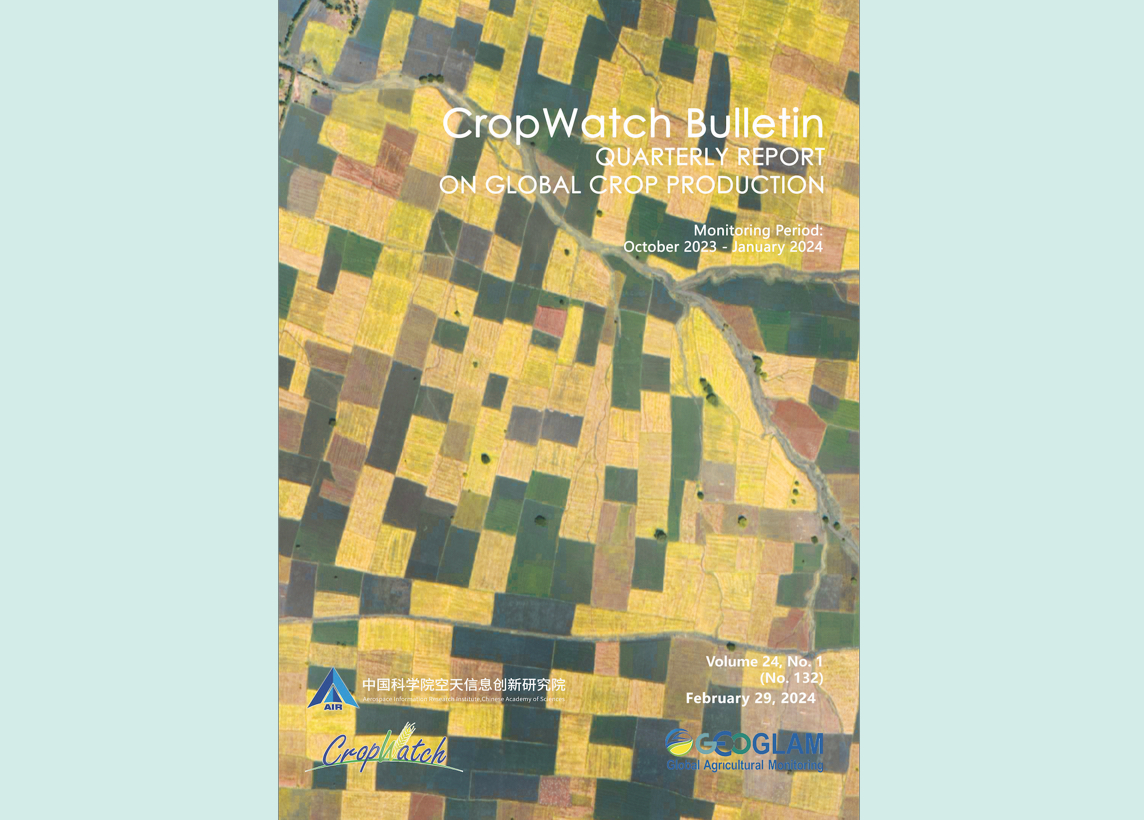 Global Agricultural Outlook 2024: Mixed Prospects Amid Climate Extremes
Global Agricultural Outlook 2024: Mixed Prospects Amid Climate ExtremesIn light of the most recent remote sensing, meteorological, and ground observation data covering the period from October 2023 to January 2024, the latest CropWatch Bulletin reveals a nuanced landscape of crop production amidst climate extremes. According to the report, while the majority of major agricultural countries benefit from favorable agricultural conditions, record-high global temperatures have disrupted traditional temperature and precipitation patterns.
07 Mar 2024 -
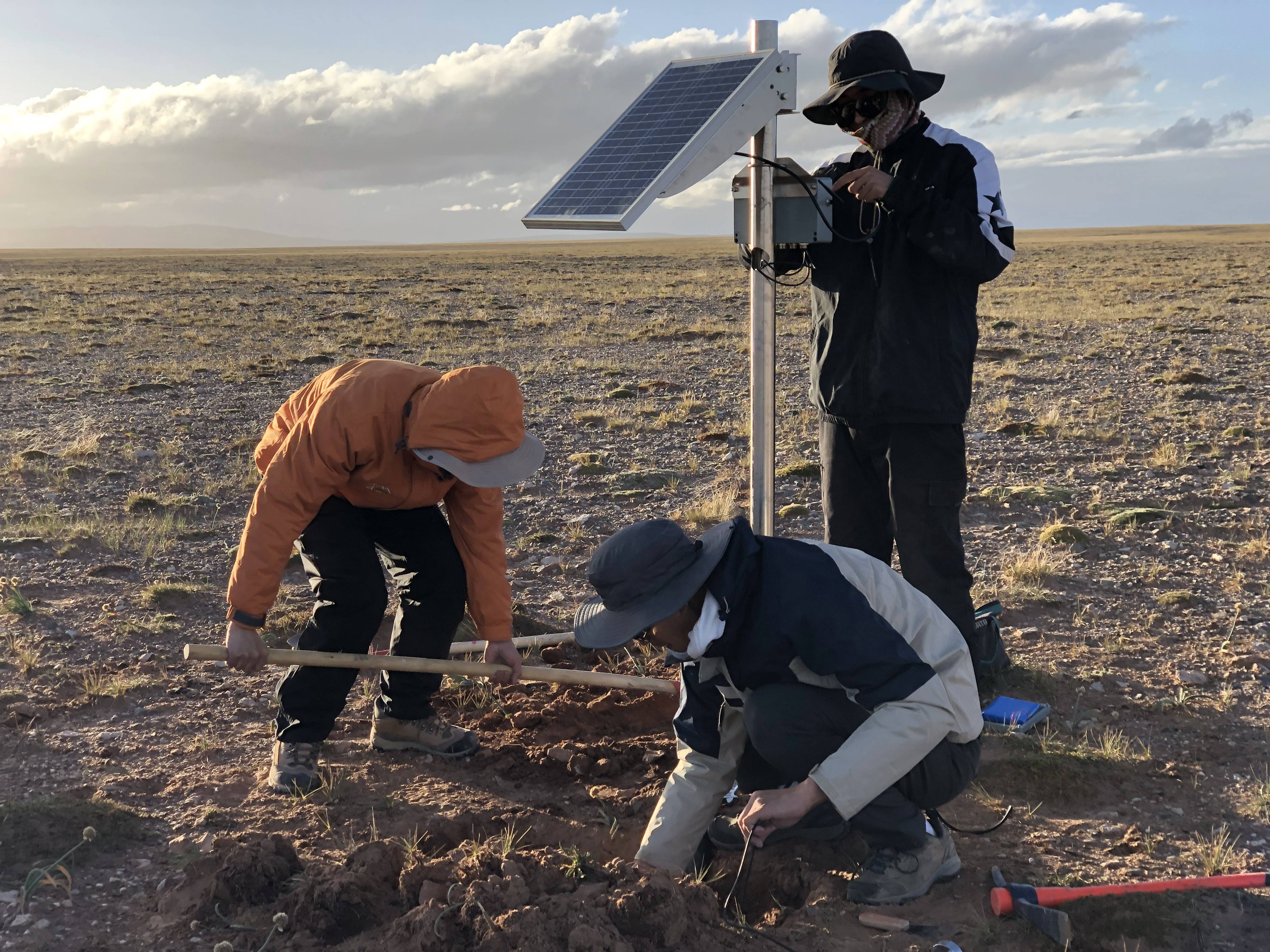 Improved Method Enhances Soil Moisture Mapping in Permafrost Regions
Improved Method Enhances Soil Moisture Mapping in Permafrost RegionsScientists from the Aerospace Information Research Institute (AIR) with the Chinese Academy of Sciences (CAS) have developed an improved change detection method, based on the time series data from Sentinel-1 radar and Sentinel-2 optical sensors spanning the years 2019 to 2021, to estimate surface soil moisture. The approach sheds light on the intricate dynamics of the hydrological cycle and ecological environment in permafrost regions.
28 Feb 2024 -
A New Leap in Vegetation Optical Depth and Soil Moisture Mapping from Space
Scientists from the Aerospace Information Research Institute (AIR) with the Chinese Academy of Sciences CAS) have developed a novel technique that leverages the Soil Moisture Active Passive mission data to extract crucial information about soil moisture (SM) and vegetation optical depth (VOD) with unprecedented accuracy.
26 Feb 2024


